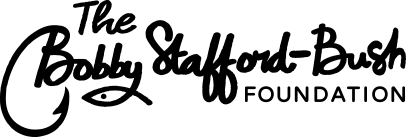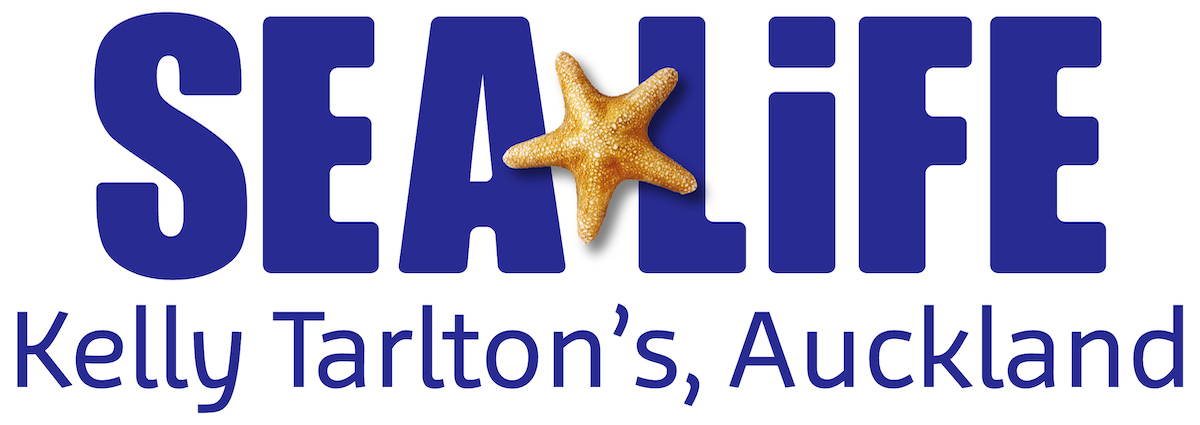You can still browse the schools and classrooms that participated and see their uploads and how much plastic they picked up!
Just head to the Map & Data tab and click on a school in the map or classroom in the leaderboard!
8164 students collected 103047 pieces of plastic That's 0.6 pieces of plastic per student per day!




Tell your friends, family, and teachers about this initiative so we can get more people on board. Copy the link to share:
Copy link to clipboardYoung Ocean Explorers 21 day challenge is an integrated curriculum teaching resource that links to the New Zealand Curriculum at levels 1–4, but can be adapted for use at various levels. It has been developed for primary school students and teachers (years 1–8). It can be used as part of a guided inquiry process.It contains teaching and learning material to support a unit of work that is grounded in Environmental Education for Sustainability (EEfS) / Conservation education themes, links to the Aotearoa NZ Histories curriculum, and incorporates aspects of Te Ao Māori (a Māori worldview).
Curriculum Areas
The Teacher site has everything teachers need - a link to the lesson plan overview, and a link to the student site. There is also a daily link to each lesson plan which they will get access to as the challenge progresses.
“… thanks so much for the 21 Day Challenge- the resources were fantastic and our teachers and kids really enjoyed the unit.”
- Teacher“We have watched most of the Young Ocean Explorer videos and enjoyed doing the one plus a day. We also tried the mussel filtering experiment. We love doing your tasks and we are excited to learn more.”
- Students“Thanks for all the amazing resources and for inspiring the Kaitiaki in us. Love your work!”
- Teacher“You’re inspirational - keeping us all on track protecting our oceans! Thank you so much!”
- Teacher“ This is an unique opportunity for learners to engage with scientists, experts and each other, while at the same time helping and learning more about our marine environment ... What a great model for learning”
- Jill Corkin, MNZM – Retired Principal & Past President of Auckland Primary Principal’s Association.